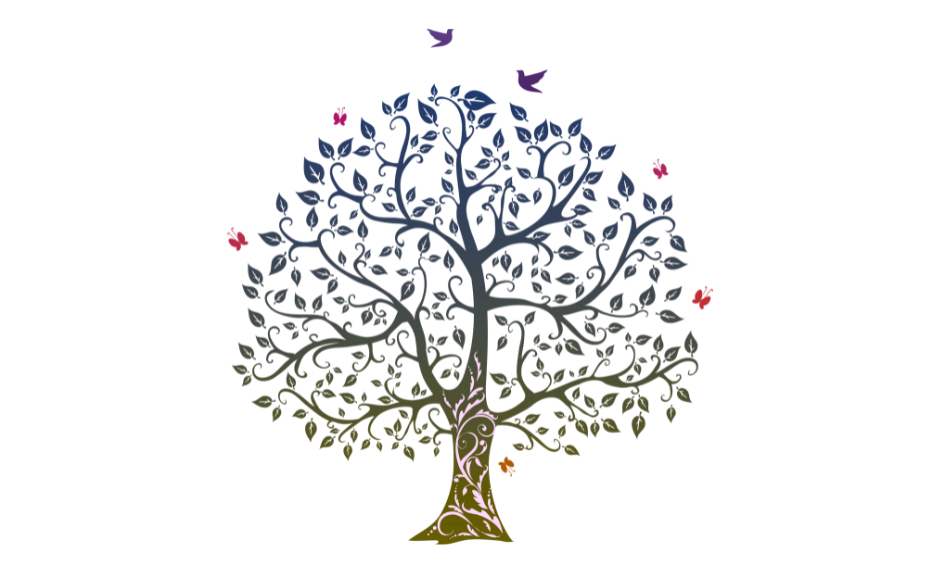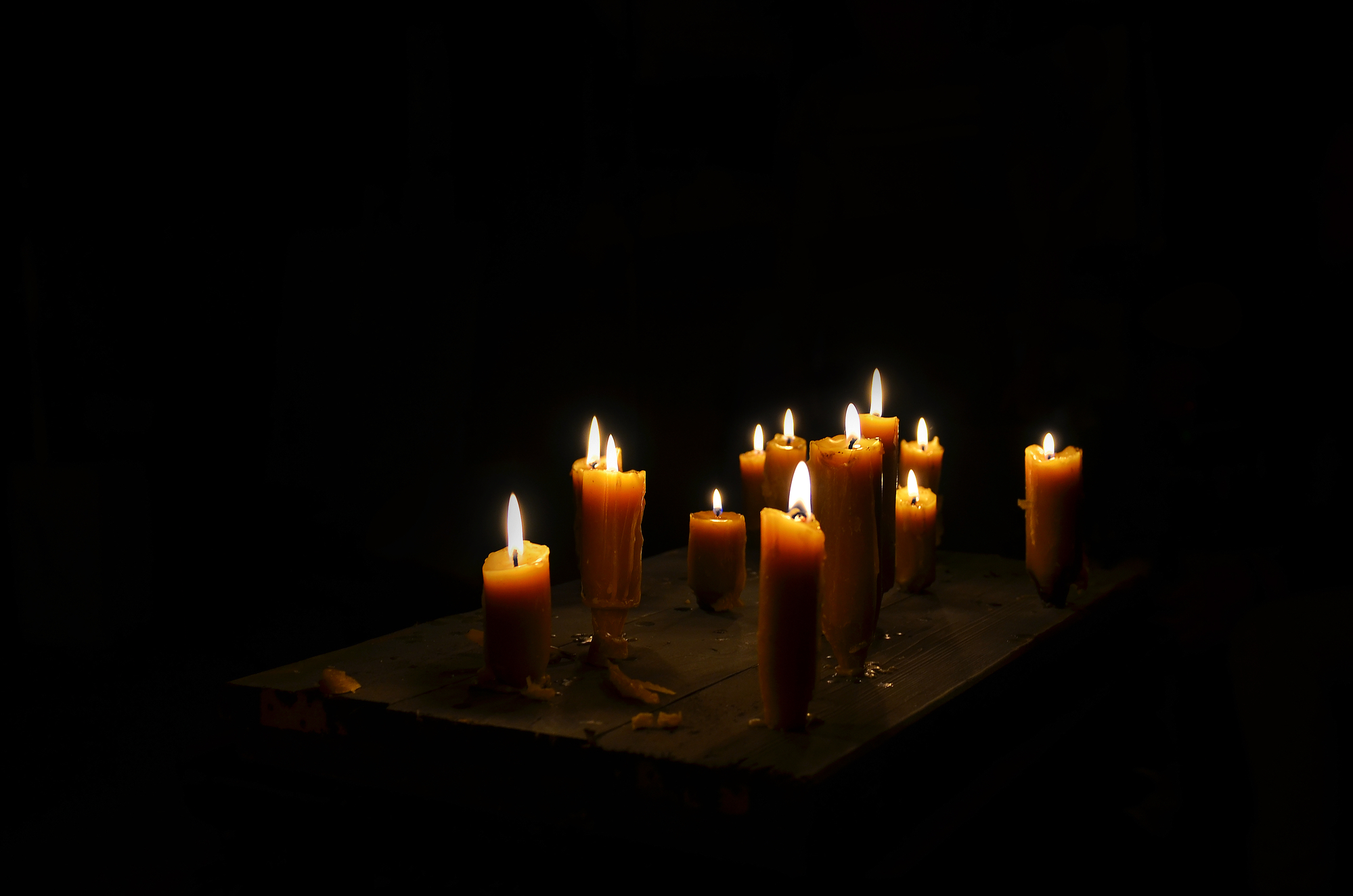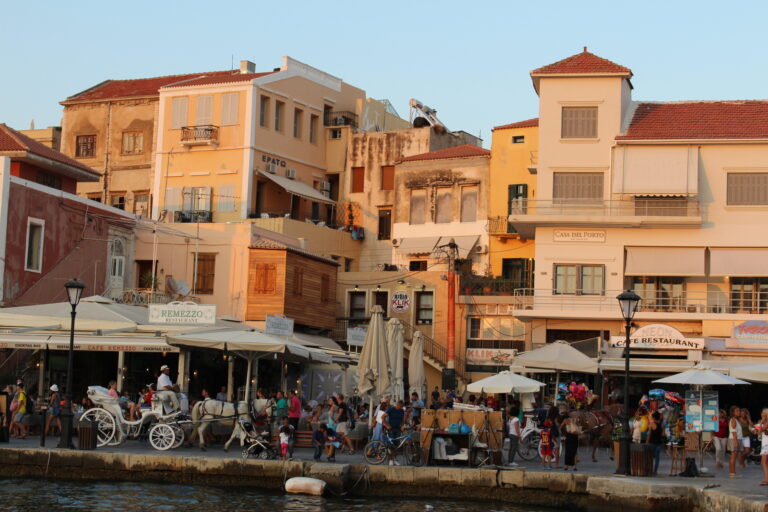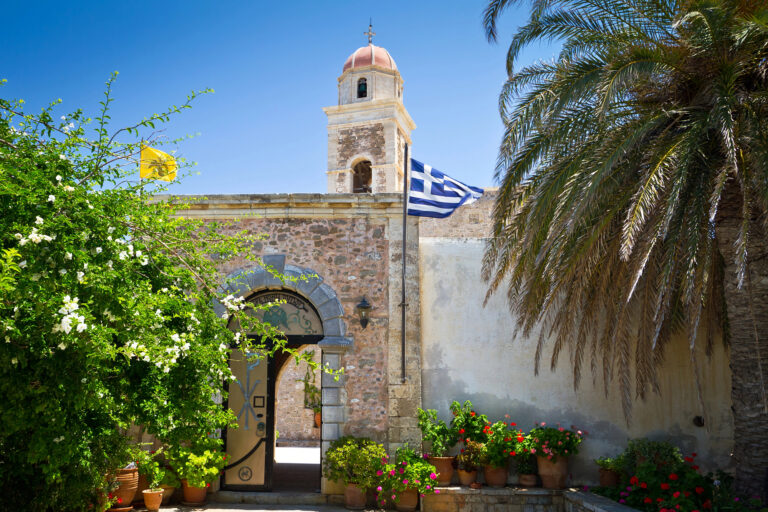The Respectful Witches of Crete
The lore of witches in Crete is a compelling facet of the island’s rich tapestry of myths and legends. These tales of witchcraft, sorcery, and magical practices offer a glimpse into Crete’s ancient and traditional beliefs, where magic and the supernatural have long been woven into the cultural and historical narrative.
Understanding the Witches of Crete
- Historical and Cultural Background
- Ancient Beliefs: Witchcraft in Crete dates back to ancient times, referencing Greek mythology and Minoan civilization.
- Cultural Syncretism: The concept of witchcraft in Crete blends ancient pagan traditions with later Christian influences, creating a unique amalgamation of beliefs and practices.
- Characteristics of Cretan Witchcraft
- Powers and Abilities: Cretan witches are often depicted as possessing powers to cast spells, curse individuals, and concoct potions. They are believed to be able to communicate with spirits and influence natural forces.
- Societal Role: In some communities, witches were viewed with fear and respect. They were considered wise women or healers who could offer remedies and protection against evil forces.
Folk Tales and Witchcraft Practices
- Legends and Myths
- Folk Stories: Numerous folk tales recount the deeds of witches in Crete, from benevolent acts of healing to malevolent curses and hexes.
- Famous Witches: Certain tales speak of renowned witches who left a lasting impression in local folklore due to their powers or particular events associated with them.
- Rituals and Symbols
- Magical Rituals: Rituals involving herbs, incantations, and symbolic objects are central to the practice of witchcraft, often passed down through generations.
- Protection Against Witches: To guard against witchcraft, Cretans would use various amulets, prayers, and rituals. The belief in the power of the evil eye is also closely intertwined with witchcraft.
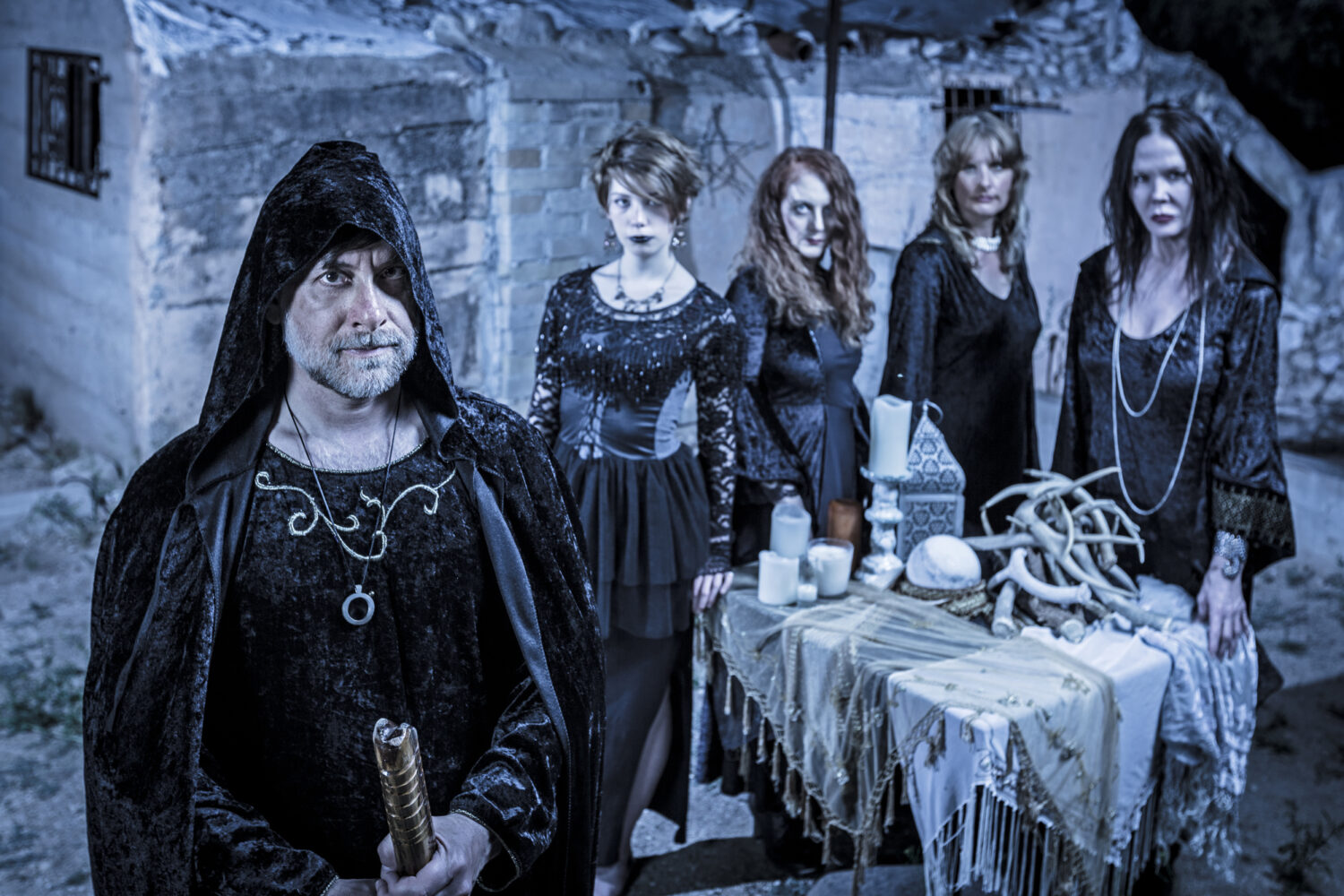
Sociological and Anthropological Perspectives
- Witchcraft as Social Phenomenon
- Social Control and Superstition: Witchcraft often served as a means of social control or explanation for unexplained phenomena, especially in rural areas.
- Gender and Power: The witch’s figure in Crete, as in many cultures, is often intertwined with perceptions of gender and power, with women being both revered and feared for their supposed magical abilities.
- Witchcraft and Paganism
- Pagan Roots: The practices and beliefs associated with witchcraft in Crete have roots in ancient pagan traditions, reflecting a deep connection with nature and the cycle of life and death.
- Christian Influence: With the advent of Christianity, pagan beliefs were often demonized or reinterpreted, leading to a more sinister view of witches.
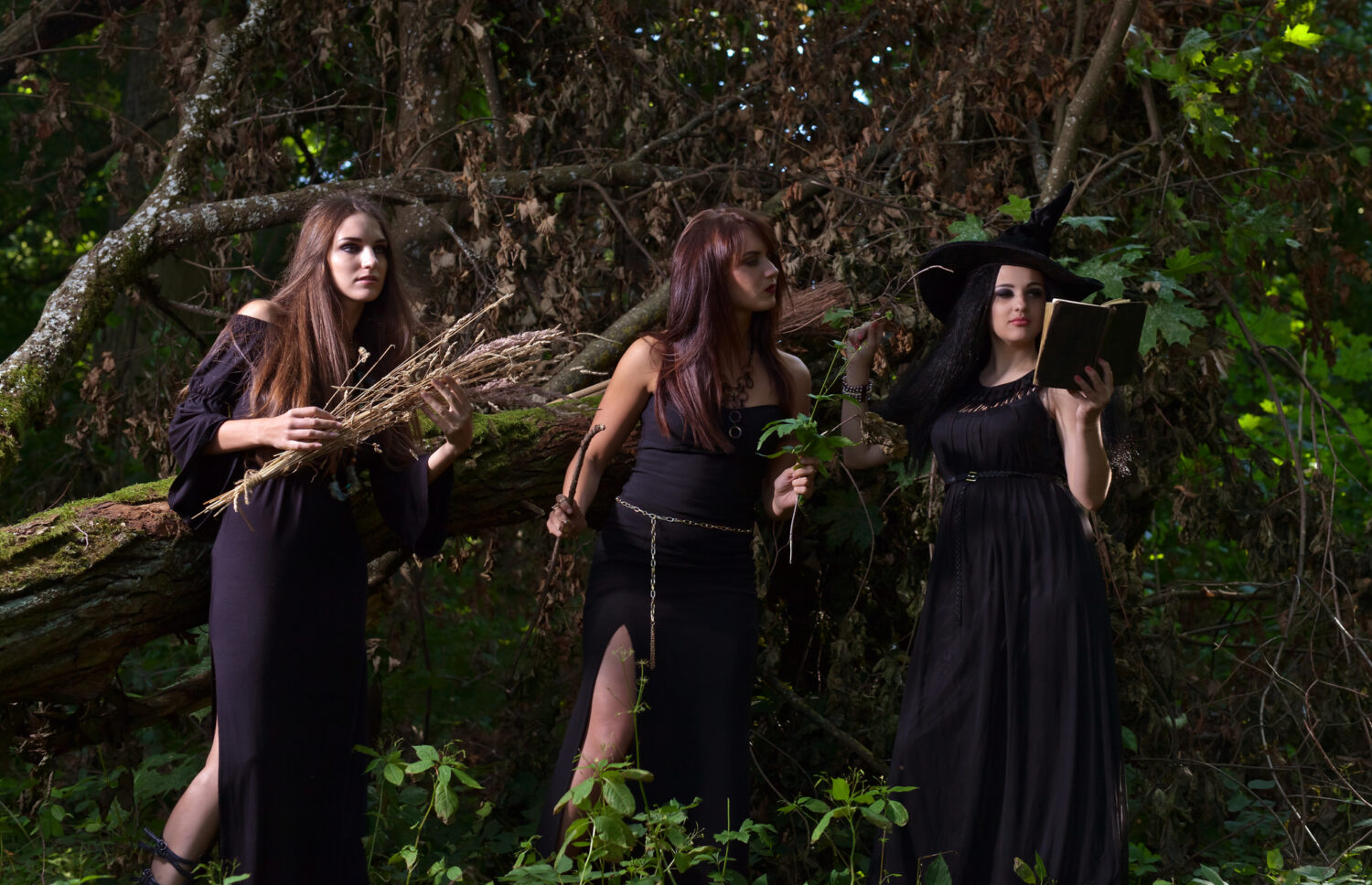
Modern Interpretation and Legacy
- Decline and Revival
- Modern Rationalism: The belief in witchcraft has waned with the rise of modern science and rationalism. However, interest in the folklore and traditions surrounding witches remains strong.
- Cultural Heritage: Tales of witches are an integral part of Crete’s intangible cultural heritage, reflecting the island’s rich history and tradition of storytelling.
- Influence in Arts and Culture
- Literature and Art: The witches of Crete have inspired various works of literature, art, and performance, highlighting their enduring appeal in the cultural imagination.
- Tourism and Folklore Studies: Interest in these legends attracts tourists and scholars keen to explore Crete’s mystical past and artistic depth.
Conclusion
The witches of Crete, with their enigmatic presence and mystical practices, represent a fascinating aspect of the island’s folklore. These tales, rooted in ancient traditions and shaped by centuries of cultural evolution, offer a window into the complexities of human belief, the interplay between magic and religion, and the societal roles ascribed to women in traditional cultures. As part of Crete’s cultural legacy, the lore of witches continues to captivate, educate, and inspire, serving as a testament to the enduring power of myth and legend in shaping our understanding of the world.
